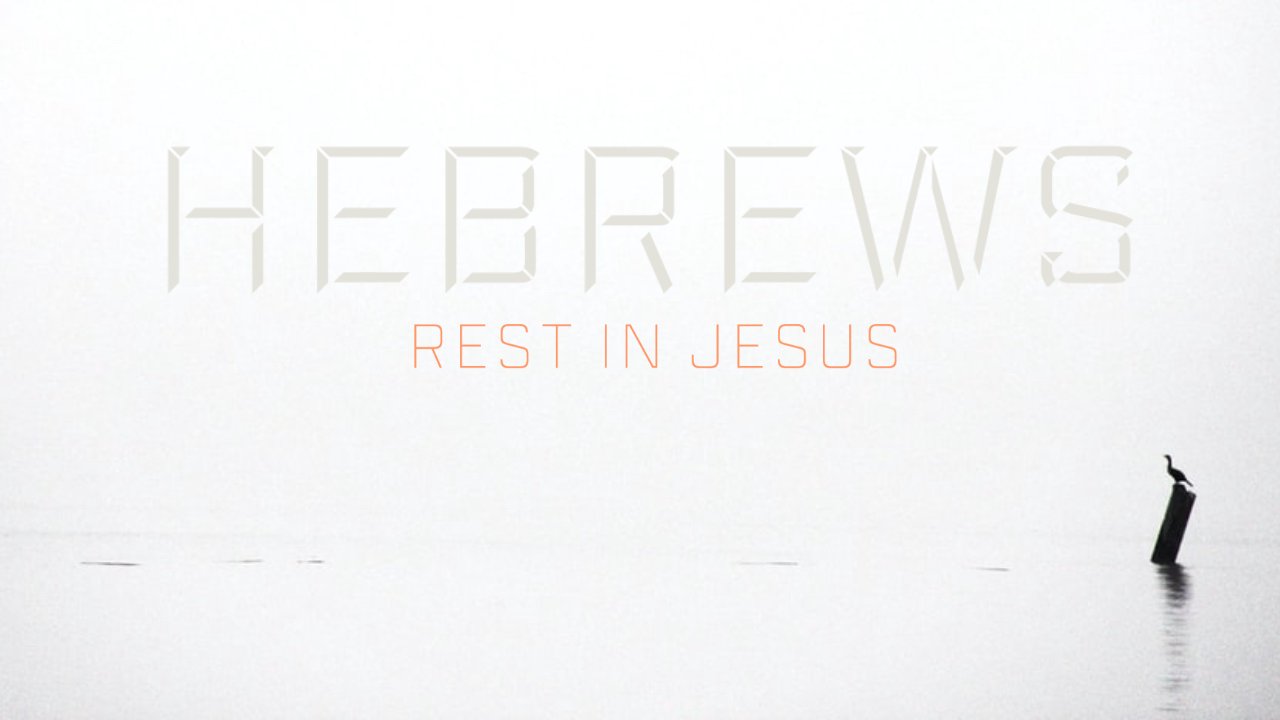Hebrews 7 opens with the writer mentioning Melchizedek. It’s not the first time this name has come up in this first century letter written over 2,000 years ago. Before that, he was mentioned 3,000 years ago in the book of Psalms (Psalm 110), and 4,000 years ago in the book of Genesis.
So what about this mysterious man did the writer of Hebrews want us to know? Who was he? Why does it matter? And why is any of it important for us today?
To answer these questions, we need to go all the way back to Genesis 14 and meet this man for the first time with Abram—who was tired and bruised from a battle that was his fault. That’s when we meet Melchizedek—a man that seems like more than just a man. The King of Righteousness (that is what his name means) and the King of Salem (Peace)—that was his title. A King…and a priest.

Hebrews 7:1-3
The Key
October 11, 2020 • Dominic Dinger
Hebrews Introduction
August 9, 2020 • Dominic Dinger
David vs. Goliath. A fight for the ages. The heavy favorite: a blasphemous Philistine giant. The unlikely underdog: a faith-filled Israeli shepherd boy. But in this battle, weaponry had little to do with the outcome. There was something more behind the stone in the sling of that shepherd boy that day. “You come to me with a sword, with a spear, and with a javelin. But I come to you in the name of the Lord of hosts, the God of the armies of Israel…” (1 Samuel 17:45). The secret to David’s victory is no secret. It wasn’t in the stones he picked or the sling he swung. David fought in faith. He faced Goliath in faith. He didn’t measure the giant by himself or his ability. David was able to stand strong and fight in faith because He measured Goliath by God. This kind faith is far too underutilized. And so, under the inspiration of the Holy Spirit, the author of Hebrews picked up his quill to encourage believers to stand, and to walk, and to fight in faith. So many times, we fight in our own strength and measure our Goliaths against our ability. But faith looks at our Goliaths and measures them against God. It gives us the grit and determination to run forward to fight, knowing and proclaiming that the battle belongs to the Lord. So how do you increase in faith so you can fight by faith? It’s what we considered as we began our study of the book of Hebrews and learned to lift our eyes off of the obstacles before us and look to the Lord.
Hebrews 1:1-3
August 16, 2020 • Dominic Dinger
In the past, God spoke through the prophets many times and in various ways. He spoke through the prophet Jeremiah using vocal preaching. He spoke through the prophet Ezekiel using visual preaching. He spoke through the prophet Jonah using a human experience. He spoke through the prophet Hosea using a human relationship. But in these last days, God has spoken to us! Our God—the same God that spoke to the prophet Jeremiah, to Ezekiel, to Jonah, to Hosea, and to many more—has chosen to speak to us, not through just a prophet, but through His Son Jesus. This same Jesus wants to speak to you. This same Jesus wants to be with you. He not only wants to give you rest, He wants you to enter into that rest—that deep and abiding rest that settles your very soul. This Jesus wants to go on holiday—a holy day—with you.
Hebrews 1:4-14
August 23, 2020 • Dominic Dinger
The book of Hebrews is a letter written to the Hebrew followers of Jesus—believers who were born and raised under the old covenant. They once related to God through rules, regulations, and rituals until the new covenant—the better covenant—was made when the Lamb of God came to take away the sin of the whole world. These previously religious people experienced the joy, strength, and freedom that came with this new relationship with God through Jesus. Religion—with its rules, repetition, and ritual—might seem safe, but as we’ll see throughout the book of Hebrews—Jesus is better. What makes Him better? And what is He better than? It’s something we considered as we continued our study in Hebrews.




